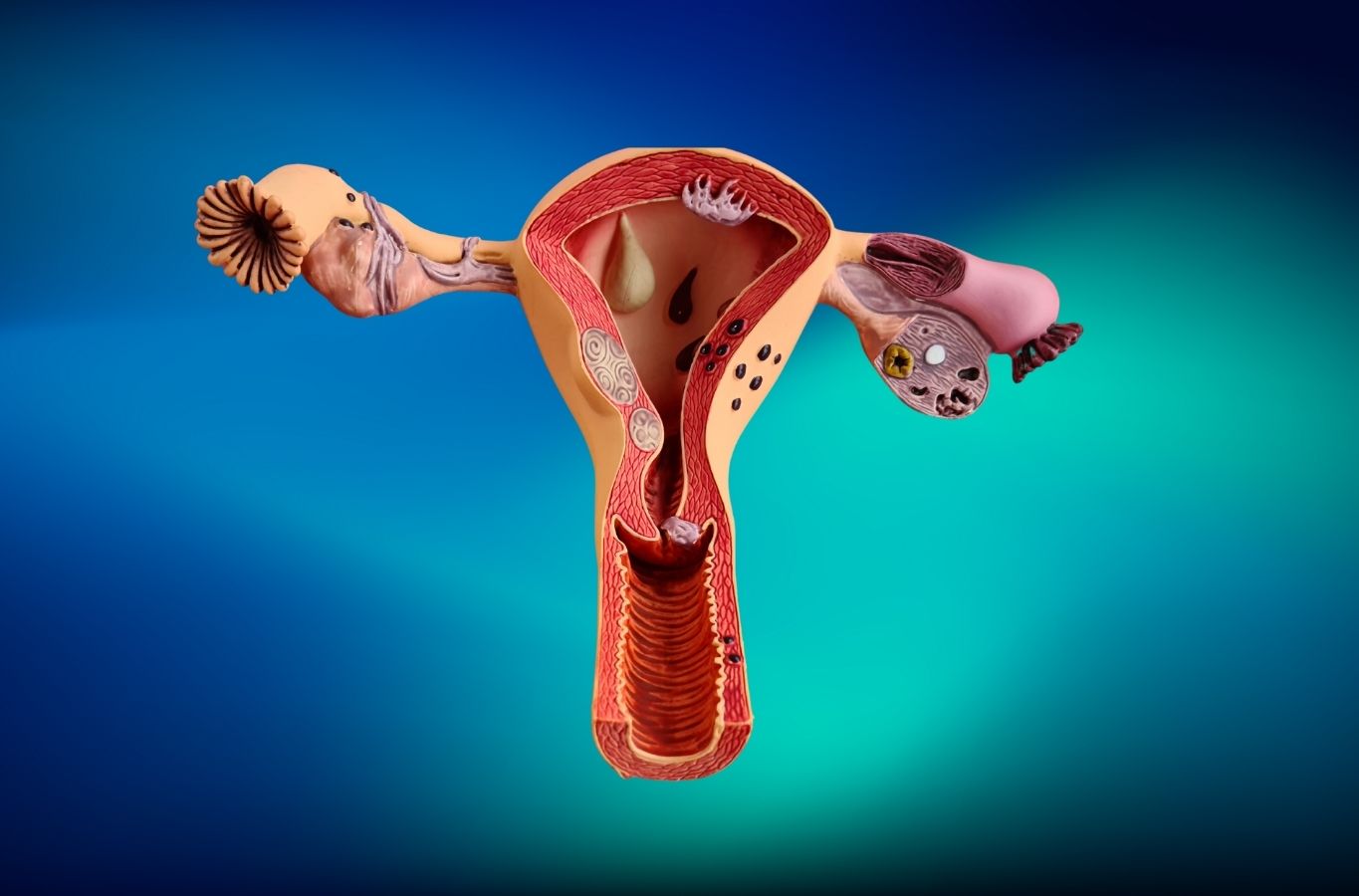
What is Polycystic Ovary Syndrome (PCOS)?
Polikistik over sendromu (PCOS), 1935 yılında Stein ve Leventhal tarafından tanımlanan bir hormonal bozukluktur. Doğurganlık çağındaki kadınların yaklaşık %15-20'sinde görülen bu sendrom, karmaşık bir metabolik ve hormonal dengesizlikler yelpazesini kapsamaktadır. PCOS, santral sinir sistemi, hipofiz bezi, adrenal bezler, overler ve glandüler dokular arasındaki etkileşimlerin bozulması sonucunda ortaya çıkar. Bu sendrom, kadınların genel sağlığını etkileyen enflamatuvar değişikliklere de neden olabilir.
What are the Symptoms of Polycystic Ovary Syndrome?
Polycystic ovary syndrome (PCOS) is initially asymptomatic, but as the disease progresses it can lead to various metabolic problems. These problems may differ between individuals, but in general, the symptoms that PCOS can cause are as follows:
- High Androgen Levels: This condition, called hyperandrogenism, refers to an increase of androgen hormones in the body.
- Hirsutism Increased androgen levels can cause excessive hair growth on the face, chest, back and abdomen.
- Insulin Resistance: Hyperinsulinaemia affects metabolism by leading to increased insulin levels.
- Glucose Intolerance: Blood glucose levels vary between normal and diabetic levels.
- Amenorrhoea: Absence of menstrual periods.
- Acne and Acne: With the increase in androgenic hormones, acne problems can be seen on the skin.
- Ovulation Disorders: Chronic ovulation problems and less than normal ovulation (oligomenorrhoea) may occur.
- Ultrasonography Findings: The appearance of polycystic ovary may be evident on ultrasonography.
- Irregular Menstrual Periods: Irregular menstruation.
- Obesity Increased body weight and mild obesity.
- Infertility Failure to achieve pregnancy despite unprotected intercourse for one year.
- Hair Loss Alopecia can cause hair loss.
- Cardiovascular Problems: Endothelial dysfunction increases the risk of cardiovascular diseases such as coronary atherosclerosis and arterial stiffness.
- Psychological Disorders: Psychological problems such as anxiety disorders, depression and eating disorders may develop.
- Type 2 diabetes: Increased risk of diabetes associated with insulin resistance.
- Uterine Diseases: Problems such as thickening of the uterine wall or uterine cancer can occur.
- Sleep Apnoea: Breathing problems may occur during sleep.
- Body Perception and Self-Confidence Problems: Negative body image and feelings of insecurity.
- Inflammation Increased inflammatory processes in the body.
- Thrombosis Tendency to blood clotting.
- Oxidative Stress: Increased oxidative damage in the body.
- Hyperlipidaemia: Increased cholesterol levels.
- Cancer Risk: Risks such as breast and ovarian cancer.
- Hormone Imbalances: Follicle-stimulating hormone (FSH) is suppressed, while luteinising hormone (LH) can be stimulated.

Causes of Polycystic Ovary Syndrome
Polycystic ovary syndrome (PCOS) is a health problem associated with genetic factors and family history. PCOS is a disease in which insulin resistance is common, especially in families with this condition, and can also affect men. Dyslipidaemia (impaired cholesterol levels) and high androgen hormone levels are also observed in these families. It is thought that changes in TNF-R and PPAR genes play a role in the development of polycystic ovary syndrome.
Polycystic Ovary Syndrome Treatment Methods
Treatment of polycystic ovary syndrome includes management of symptoms and menstrual irregularities due to androgenic hormones and treatment of infertility. As symptoms vary from person to person, treatment modalities are tailored to individual needs. Generally, treatment involves a variety of approaches to restore hormonal balance.
What is Polycystic Ovary Diet?
In individuals with polycystic ovary syndrome, weight loss improves the menstrual cycle and improves glucose tolerance. Diet and exercise are therefore considered the initial phase of treatment. The polycystic ovary diet is a low-calorie, low-glycaemic index diet that restricts sugar and carbohydrate intake. It should also include foods low in saturated and trans fats and rich in vitamin D, omega-3 fatty acids and chromium.
Insulin Sensitivity in the Treatment Process
It is possible to control androgenic hormones by reducing insulin resistance. Metformin-containing drugs help regulate androgen hormone levels by stabilising blood sugar levels. In this way, menstrual irregularities improve and ovulation functions improve.
Pharmacological Treatment Options
Some drugs that can be used in the pharmacological treatment of polycystic ovary syndrome with the advice of a specialist doctor are as follows:
- Oral contraceptives
- Antiandrogens
- Gonadotropin-releasing hormone agonists
- Steroids
- Insulin sensitisers


